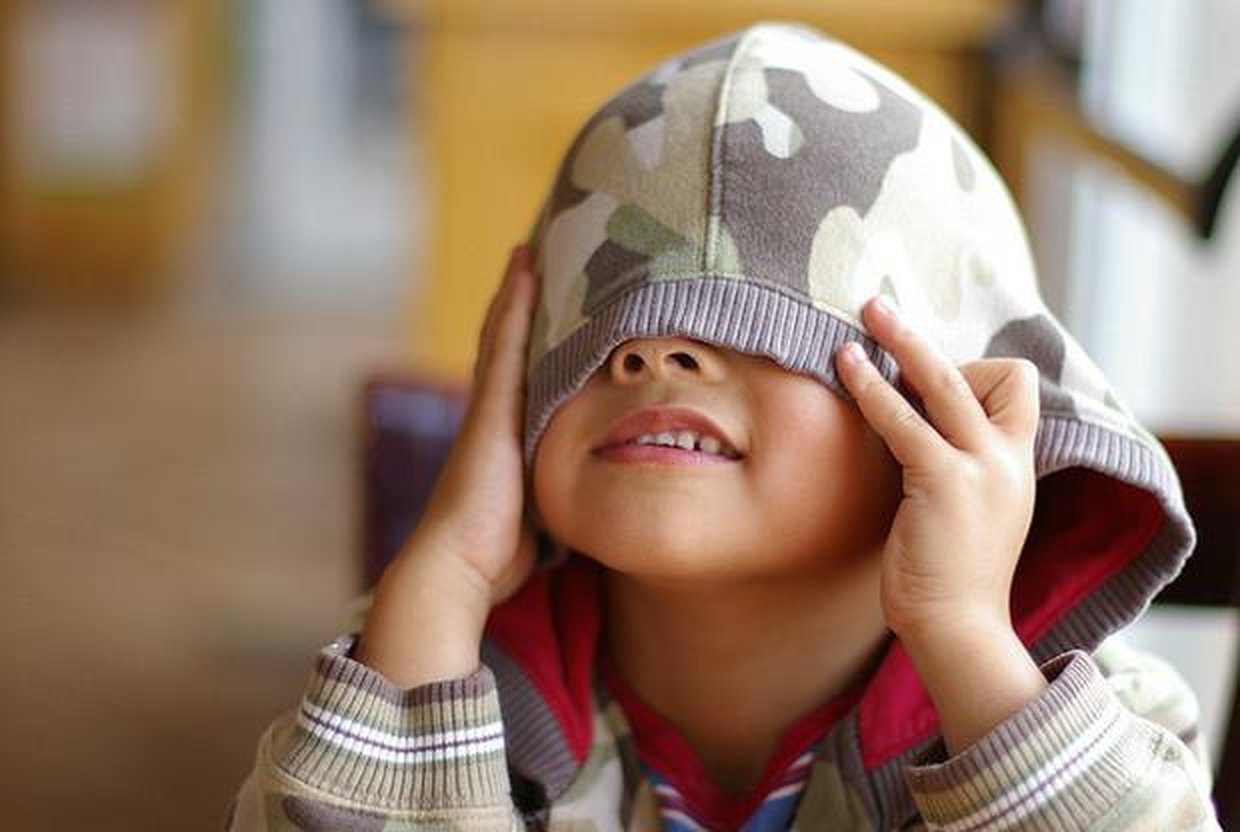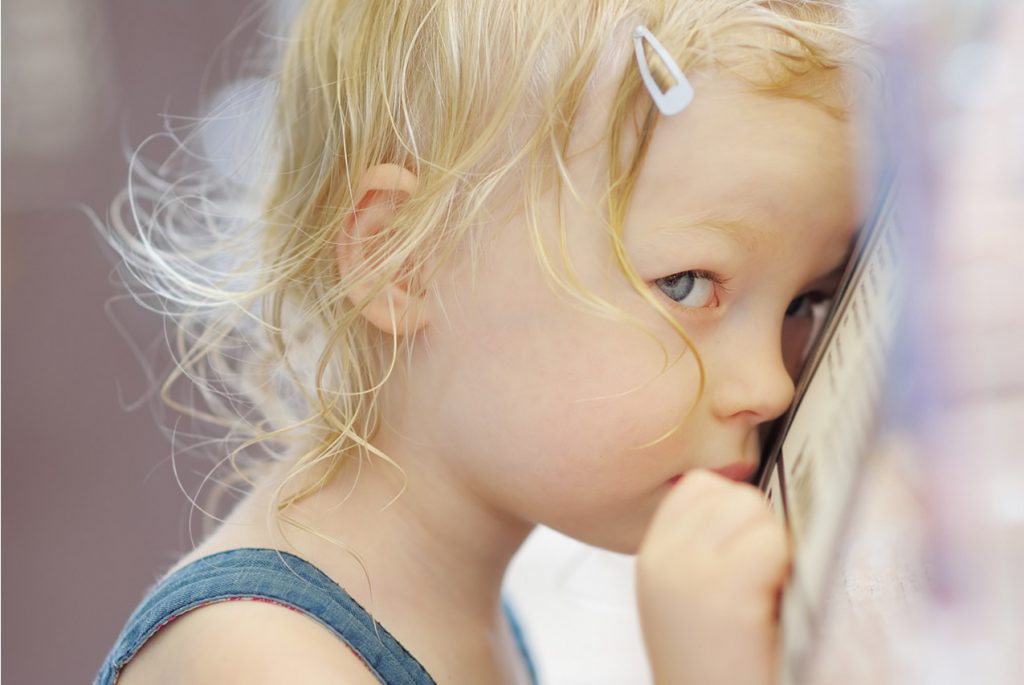Modesty in children. Why is it so important to instill modesty in children?

Today’s children are growing up under the huge influence of social networks and http://argoprep.com/blog/project-based-learning-pbl-examples/, which not only unite us with each other, but also offer countless tools for promoting and promoting ourselves. How to help them grow up kind and not fixated solely on themselves? To instill modesty in them – including in assessing themselves and their abilities. This quality can open new horizons for a child.
What are humble people?
Researchers highlight two aspects. On a personal level, such people are self-confident and open to new information. They don’t act arrogant, but they don’t devalue themselves either. On a social level, they focus on those around them and appreciate them.
Recently, psychologist Judith Danovich and her colleagues conducted a study involving 130 children aged 6 to 8 years. The researchers first asked children to rate their knowledge on 12 questions. Some of them were related to biology. For example, children were asked: “Why can fish only live in water?” or “Why do some people have red hair?” Another part of the questions was related to mechanics: “How does an elevator work?” or “Why does a car need gas?”
The children were then given a doctor or mechanic as a partner to gauge how many questions their team could answer. The children themselves chose who from the team would answer each question. Children who rated their knowledge lower and delegated answers to questions to a teammate were considered more modest by the scientists. After a round of questions and answers, the scientists assessed the children’s intelligence using a rapid IQ test.
Children who delegated answers to questions to a partner were more likely to notice and analyze their mistakes more carefully.
The next stage of the experiment was a computer game in which it was necessary to help the zookeeper to catch the animals that had escaped from the cages. To do this, children had to press the spacebar when they saw certain animals, but not orangutans. If they hit the space bar when they saw an orangutan, it counted as a mistake. While the children played the game, their brain activity was recorded using an electroencephalogram. This allowed the researchers to see what happens in the brains of children when they make a mistake.
First, the older children showed more modesty than the younger participants. Second, children who rated their knowledge and http://argoprep.com/blog/inquiry-based-learning/ more modestly turned out to be smarter on IQ tests.
We also noticed the relationship between the behavior of children at different stages of the experiment. Children who delegated answers to questions to a partner noticed and analyzed their mistakes more often, as evidenced by the pattern of brain activity characteristic of conscious error analysis.
What can you expect from a modest child.
The results of the study suggest that modesty helps children interact with others and gain knowledge. By slowing down to note and analyze their mistake instead of ignoring or denying it, humble children turn a difficult task into an opportunity for development.
Another discovery is that modesty goes hand in hand with purposefulness.
Also, the researchers suggest that modest children are better at noticing and appreciating this quality in others. Scientists Sarah Aga and Christina Olson organized a series of experiments to understand how children perceive other people. Participants were asked to listen to three people answer questions. One responded arrogantly, disregarding other people’s beliefs. The second is reserved and distrustful. The third showed modesty: he was confident enough and at the same time willing to accept other points of view.
The researchers asked the participants if they liked these people and would like to spend time with them. Children aged 4-5 years showed no particular preference. Subjects 7-8 years old preferred a modest person to an arrogant one. Children aged 10-11 years preferred modest over arrogant and indecisive.
The researchers commented on the results: “Humble people are important to society: they facilitate interpersonal relationships and the process of conflict resolution. Modest in assessing their intellectual abilities, people from an early age are positively perceived by others.
Another discovery is that modesty goes hand in hand with purpose. In a study by psychologist Kendall Cotton Bronk, goal-oriented children showed modesty in interviews with research team members. A combination of humility and purposefulness helped them find mentors and work with like-minded peers. This quality involves a willingness to ask others for help, which allows children to achieve their goals and, ultimately, develop.